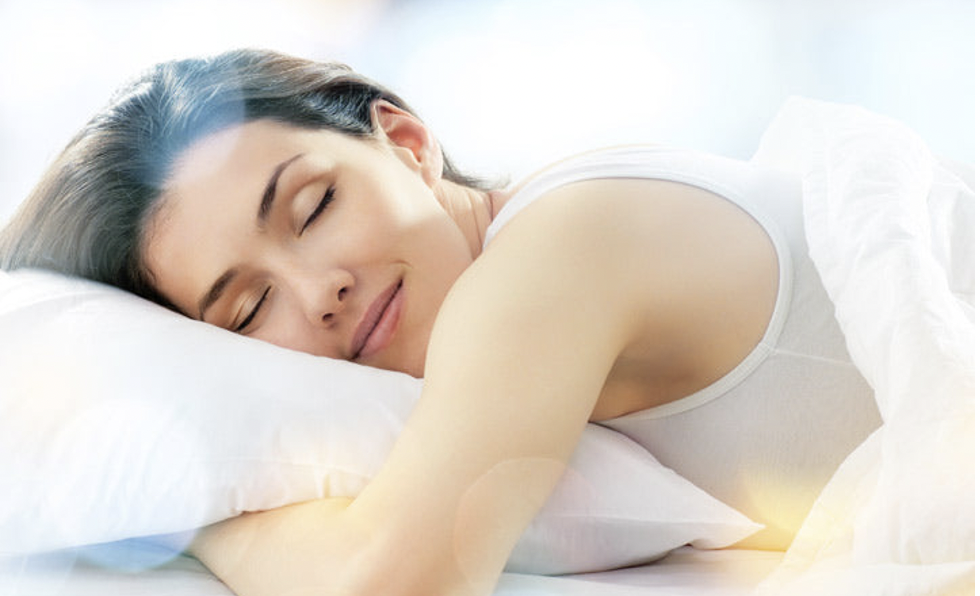
We’ve all heard the saying, “beauty sleep” isn’t just a cliché. Sleep plays a vital role in maintaining healthy, radiant skin. While you slumber, your body undergoes a regeneration process, repairing cellular damage and producing collagen, the protein responsible for skin elasticity and firmness.
During sleep, your body releases growth hormone, which stimulates cell repair and renewal. This process is essential for maintaining youthful skin. Lack of sleep can lead to increased stress, which can trigger inflammation and breakouts. Additionally, sleep deprivation can cause dark circles, puffiness, and a dull complexion.
How Much Sleep Do You Need?
Most adults require 7-9 hours of sleep per night to function optimally. However, individual needs may vary. If you’re struggling with persistent skin issues, consider tracking your sleep patterns to identify any correlations.
Tips for Better Sleep
Establish a Relaxing Bedtime Routine
Creating a consistent and calming bedtime routine can signal to your body that it’s time to wind down and prepare for sleep. This might include activities such as taking a warm bath, reading a book, or practicing gentle yoga or meditation. Engaging in these relaxing activities before bed can help reduce stress and anxiety, making it easier to fall asleep and stay asleep throughout the night. Avoid stimulating activities, such as intense exercise or watching thrilling movies, close to bedtime, as they can make it harder to unwind.
Create a Sleep-Conducive Environment
Your sleep environment plays a significant role in the quality of your sleep. To create a sleep-conducive environment, ensure your bedroom is cool, quiet, and dark. Consider using blackout curtains to block out any light and white noise machines or earplugs to reduce noise disturbances. A comfortable mattress and pillows that support your preferred sleeping position can also make a big difference in how well you sleep. Additionally, keeping your bedroom free from distractions, such as televisions or work-related materials, can help reinforce the space as a place for rest and relaxation.
Limit Screen Time Before Bed
The blue light emitted by screens on phones, tablets, and computers can interfere with your body’s production of melatonin, the hormone that regulates sleep. Exposure to blue light in the evening can trick your brain into thinking it’s still daytime, making it harder to fall asleep. To improve your sleep quality, try to limit screen time at least an hour before bed. If you must use your devices, consider using a blue light filter or night mode to reduce the impact on your sleep. Instead of scrolling through your phone or watching TV, engage in calming activities like reading a book or practicing mindfulness exercises.
Manage Stress Through Relaxation Techniques
Stress is one of the most common barriers to a good night’s sleep. High levels of stress can keep your mind racing and prevent you from falling asleep or staying asleep. To combat this, incorporate relaxation techniques into your daily routine. Practices such as deep breathing exercises, progressive muscle relaxation, or guided imagery can help calm your mind and body before bed. Additionally, mindfulness meditation has been shown to reduce stress and improve sleep quality. By managing stress effectively, you can create a mental state that is more conducive to restful sleep.
Need more personalized advice?
At ALC Clinic, our skin experts can help you develop a comprehensive skincare routine and address any sleep-related skin concerns. Book a consultation today and start your journey to healthier, more radiant skin.
Remember, beauty sleep is real! Prioritize rest for a glowing complexion.

